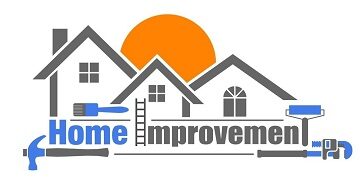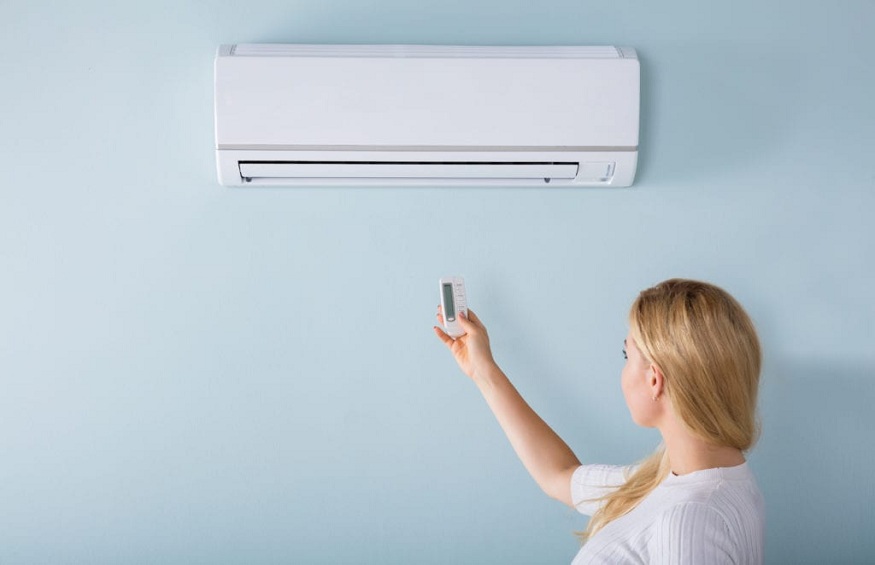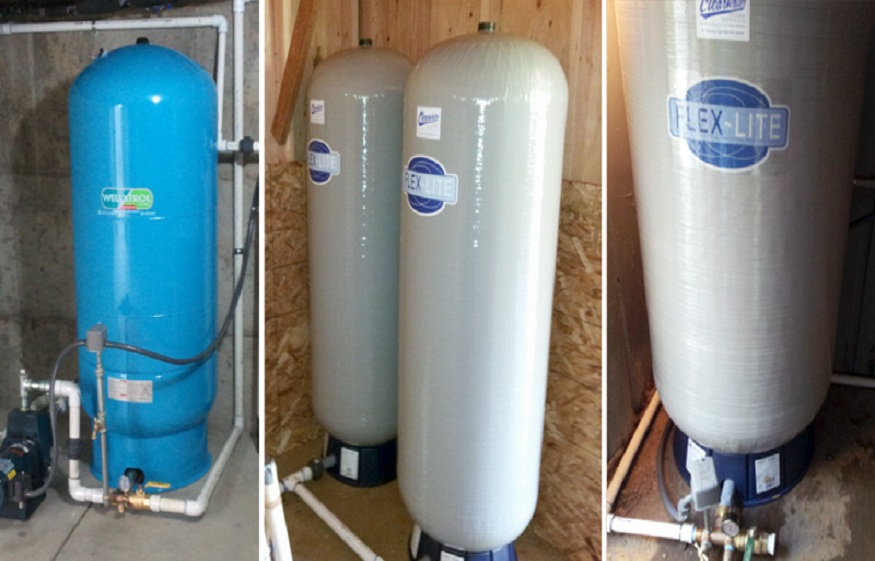5 Air Conditioning Misconceptions That Are Costing You Money
Though highly beneficial in safeguarding the health and comfort of people in the home, not everyone knows how to handle the use of air conditioners appropriately. Many have even erroneously adopted habits they think will help them save on related costs of repair and utilities, only to spend even more. If your air conditioning system is really old an upgrade will save you money.
Turning your AC off when you’re not home will save you money.
This only works if you are going away from home for an extended period. If it is just for the day as you go to work and intend to be back by evening, turning off your AC is a mistake. Air conditioners run more efficiently when they are set to a closer temperature to the outside temperature. So when you leave home, you should not turn it off; turn up the thermostat by a few degrees before you go.
You can then turn the thermostat down to a temperature you find more comfortable when you get back home. The problem with turning it off is that when you come back, your AC will have to work much harder to lower the temperature inside the home than if it had just been left to run more efficiently at a temperature closer to the outdoors. Regulating the temperature in your home more efficiently will also help prevent humidity from setting in, which can cause problems like mold and attract certain pests.
HVAC checkups are not necessary if you have a newer unit.
With most kinds of equipment, you will find that newer models are an improvement on the old. They are often more efficient and less noisy than their predecessors. This also applies to HVAC systems; however, it does not mean you should be less diligent when it comes to servicing and cleaning.
The purpose of regular maintenance work is to prolong the life of the equipment and allow for early detection of problems so they can be fixed less expensively. If you delay checkups, you risk having minor problems becoming worse and may end up paying more for repairs.
Air filters do not have to be replaced more than once a year.
Filters work by capturing particles that contribute to poor indoor air quality. With time, you can expect the air filters in your AC to have some build-up of such dirt. Too much build-up and your AC will become less efficient in filtering air, meaning that your air quality will suffer.
How dirty your filters become will vary depending on multiple factors that can affect air quality in your environment. Once a year may not be the best schedule for your circumstance. The best guidance comes from the manufacturer’s recommendation in the operator’s manual. If you do not have it, you can look up the make and model of your AC online or consult with a qualified HVAC specialist.
Close vents in unused rooms for AC to run more efficiently.
Air conditioners circulate air throughout the home via air vents. If you have a larger property with many rooms you do not use, it may make sense to close these vents, so the AC does not have to work as hard. This is a wrong assumption.
Closing vents can cause your AC to run more inefficiently as it alters air distribution. It causes air channeled through ducts to find obstructions, causing pressure to build up in those channels. This forces the AC to work even harder, making it more prone to break down and high energy consumption.
Let your AC die before upgrading.
As said, newer units come with multiple benefits, including running more efficiently and silently. When you consider the savings you will enjoy in utility costs, switching out your older AC unit before it dies could be wiser. Especially if it is over ten years old and in such a condition that it requires more frequent repairs, do not be guided by the misconception that a machine must die before you replace it. Consider the costs you are experiencing in maintaining your old unit and what you stand to gain by going for an upgrade now.



